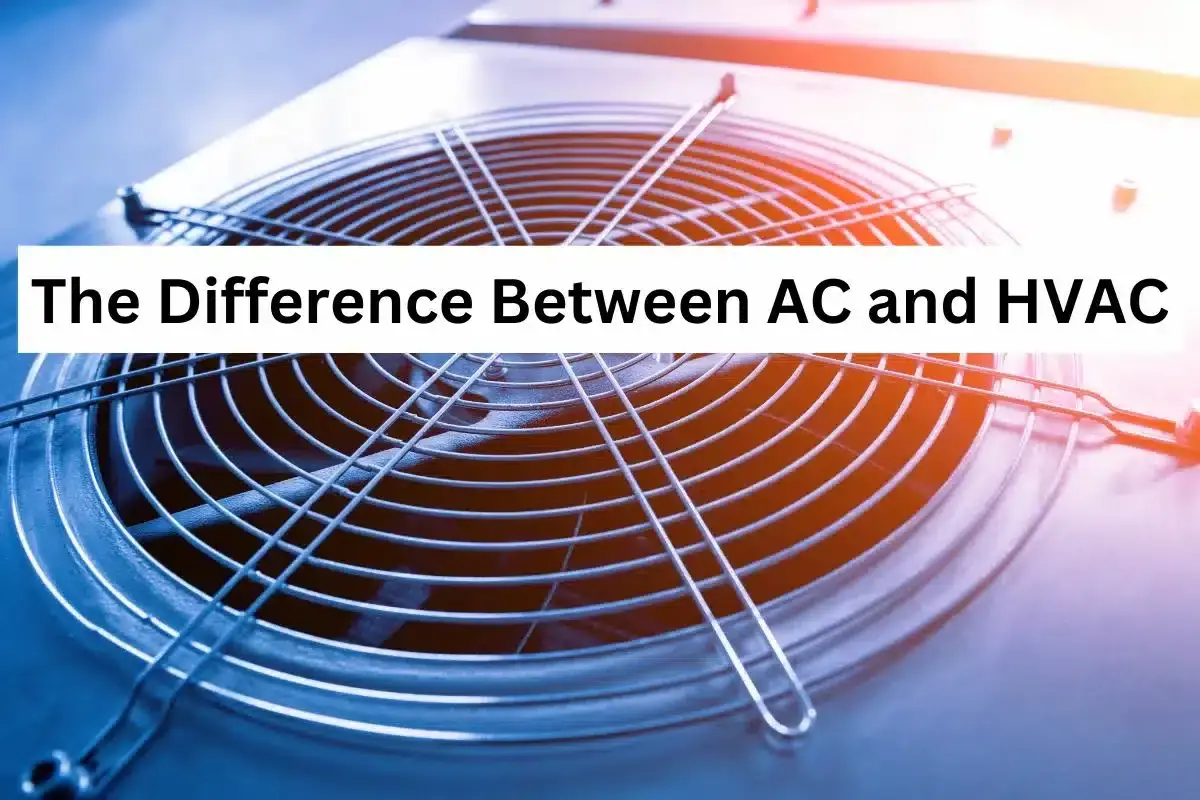When it comes to temperature control systems, there are two terms that are often used interchangeably: AC and HVAC. While these terms are related, they do not mean the same thing. In this article, we will explain the difference between AC and HVAC.
AC stands for “air conditioning.” An AC system is designed to cool the air inside a room or building. It does this by removing the heat from the air and circulating cool air back into the room. AC units are typically installed in windows or walls and are designed to cool a single room or a small area.
HVAC, on the other hand, stands for “heating, ventilation, and air conditioning.” An HVAC system is a more comprehensive system that provides both heating and cooling, as well as ventilation. HVAC systems are typically installed in larger buildings and are designed to provide temperature control throughout the entire building.
One of the main differences between AC and HVAC is that an AC system only provides cooling, while an HVAC system provides both heating and cooling. HVAC systems are designed to work in all seasons and can provide warmth in the winter and cool air in the summer. This makes HVAC systems more versatile and practical for larger buildings or homes with multiple rooms.
Another difference between AC and HVAC is that an HVAC system includes ventilation. Ventilation is important for maintaining good indoor air quality by removing pollutants, allergens, and odors from the air. HVAC systems use filters and fans to circulate air and ensure that the air inside the building is clean and healthy.
In summary, while AC and HVAC are related, they are not the same thing. AC is a system designed to cool a single room or area, while HVAC is a more comprehensive system that provides heating, cooling, and ventilation throughout an entire building. When deciding which system is right for your needs, consider the size of the building, the number of rooms, and the need for ventilation.


